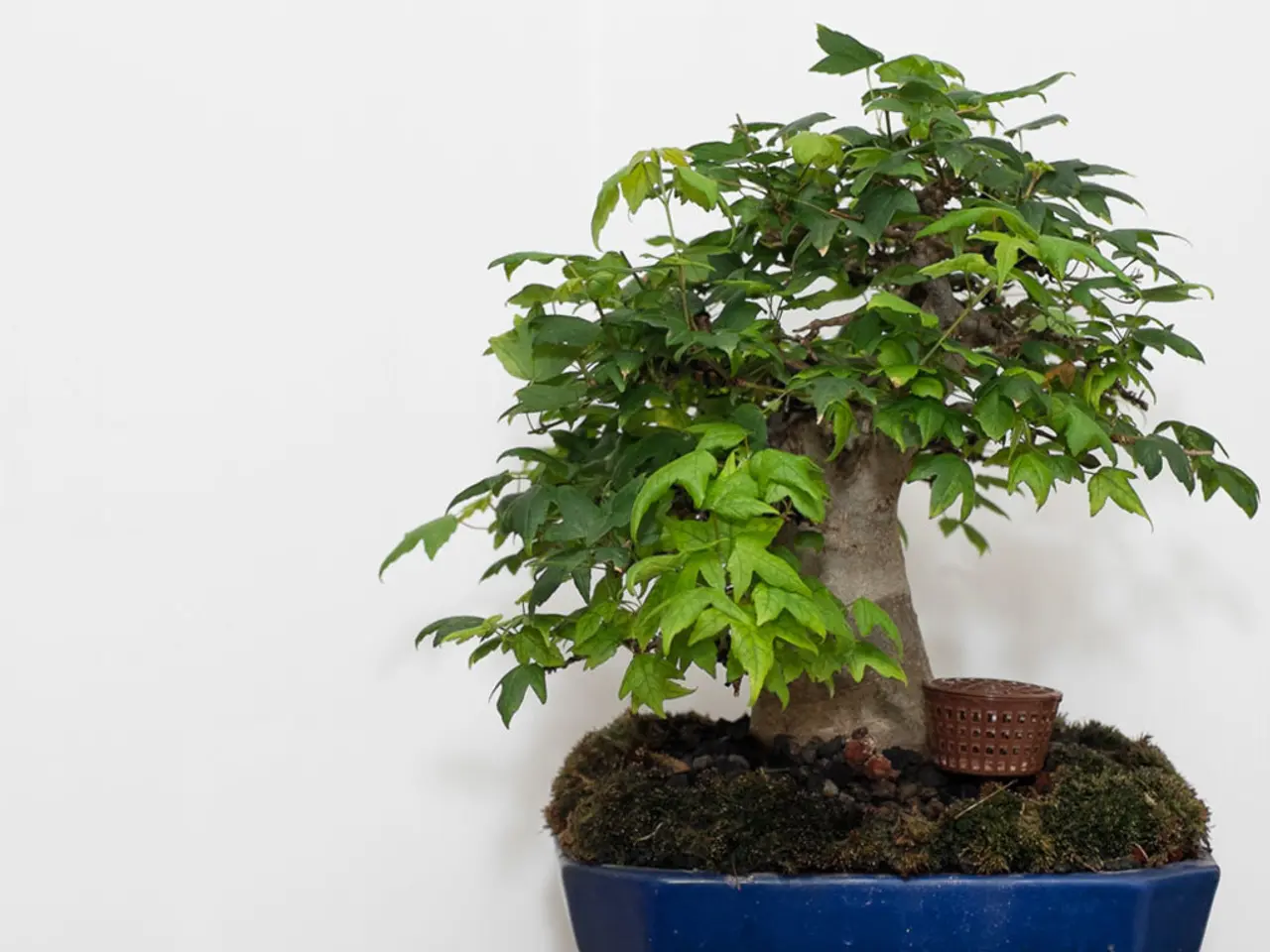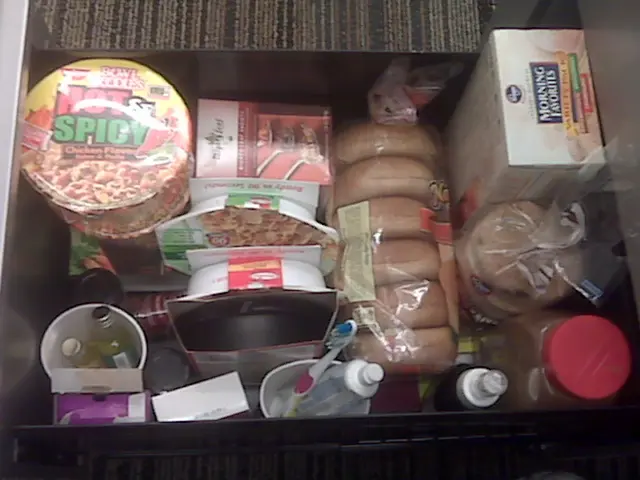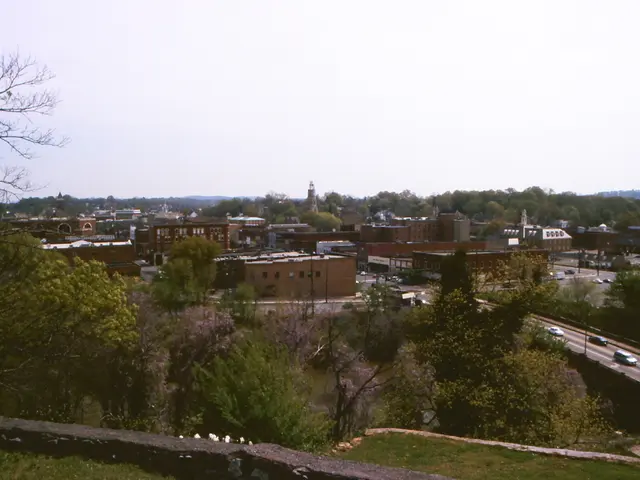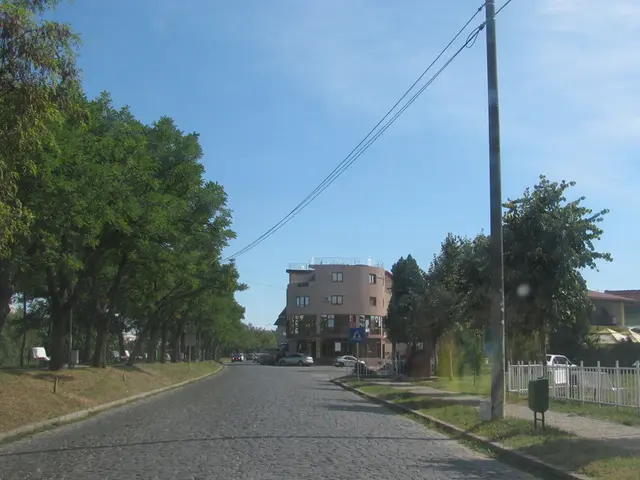Caring for a Bonsai Tree: A Guide for Novices!
Bonsai enthusiasts know that the right soil is crucial for the health and growth of their miniature trees. A well-balanced soil mixture is essential to provide excellent drainage, moisture retention, aeration, and nutrient supply.
**Key Ingredients & Their Importance:**
The ideal bonsai soil typically includes akadama, pumice, lava rock, calcined clay, pine bark fines, and finely chopped sphagnum moss.
*Akadama:* This hard-baked Japanese clay granule offers good moisture retention while still allowing excess water to drain. It promotes a finer root mass, ideal for bonsai trees.
*Pumice:* Lightweight volcanic rock improves soil aeration and drainage, containing over 70 trace minerals that contribute to a strong root system and overall tree health.
*Lava Rock:* Known for its excellent drainage properties, lava rock prevents waterlogging and root rot, an important factor in the small pots bonsai are grown in.
*Calcined Clay:* This baked clay helps hold moisture, preventing the bonsai from drying out too quickly during the day, while also slightly acidifying the soil for nutrient availability.
*Pine Bark Fines:* These organic particles absorb nutrients and gradually release them back to the bonsai, supporting steady nutrition.
*Sphagnum Moss (finely chopped):* Used in some mixes to help retain moisture without compromising drainage.
**Why These Ingredients Are Important:**
The limited soil volume in bonsai pots necessitates a soil that strikes a delicate balance between retaining enough moisture for hydration and draining excess water to avoid root rot. The soil's porosity enables air circulation essential for root respiration and encourages beneficial microorganisms. This environment fosters a strong, healthy root system that can efficiently absorb nutrients and support the miniature tree’s growth.
Using regular potting soil is discouraged because it holds too much moisture and lacks sufficient drainage and aeration. This can be harmful in the long run, akin to "wet socks" for the bonsai roots.
Various mixes may be tailored depending on bonsai species, climate, watering habits, and growth goals, but the principles of well-draining, moisture-retentive, and nutrient-providing soil remain constant.
**Online Resources for Bonsai Soil and Care:**
For those looking to learn more, the online shop offers tools and resources to help keep your bonsai tree healthy and strong. The Ultimate Bonsai Tree Fertilizer Beginner's Guide and The Best Soil Mix for a Bonsai Tree provide more detailed information about fertilizing and soil selection.
The best time to learn about bonsai tree care is during the spring growing season. Additional resources include The Ultimate Bonsai Plant FAQ Cheat Sheet, The Only Bonsai Tree Care Calendar You'll Ever Need, and How to Identify 13 Common Bonsai Pests & Diseases.
Remember, bonsai trees require different fertilization schedules based on their type. Tropical and subtropical bonsai need weekly fertilization during the growing season and monthly from fall to spring, while deciduous bonsai require weekly fertilization during the growing season, then no fertilization once leaves fall. Conifers need weekly fertilization during the growing season, reduced to once or twice a month during winter.
Repotting is necessary to prevent root binding, replenish soil nutrients, and maintain vigorous roots. Repot in spring during the growing cycle, looking for roots coming through drainage holes or crawling over the soil to determine readiness. Avoid winter repotting.
For further learning and connection with other bonsai lovers, consider joining the Facebook page group "Bonsai With Us!" where you can access more information about bonsai tree care and an online shop.
- For an outdoor bonsai to thrive, it's essential to use a soil mixture that includes fertilizer types like akadama, pumice, lava rock, calcined clay, pine bark fines, and finely chopped sphagnum moss, as these ingredients provide excellent drainage, moisture retention, aeration, and nutrient supply.
- Proper care resources, such as The Ultimate Bonsai Tree Fertilizer Beginner's Guide and The Best Soil Mix for a Bonsai Tree, can offer valuable insights into fertilizing and soil selection for your outdoor bonsai, tailoring the mix to suit the specific needs of your tree's species, climate, and growth goals.
- As part of a home-and-garden lifestyle, gardening enthusiasts embracing outdoor bonsai could benefit from understanding the importance of lifestyle factors like fertilizer types, soil composition, and watering habits, as these elements contribute significantly to the health and growth of their miniature trees and make their gardening endeavors more rewarding.




